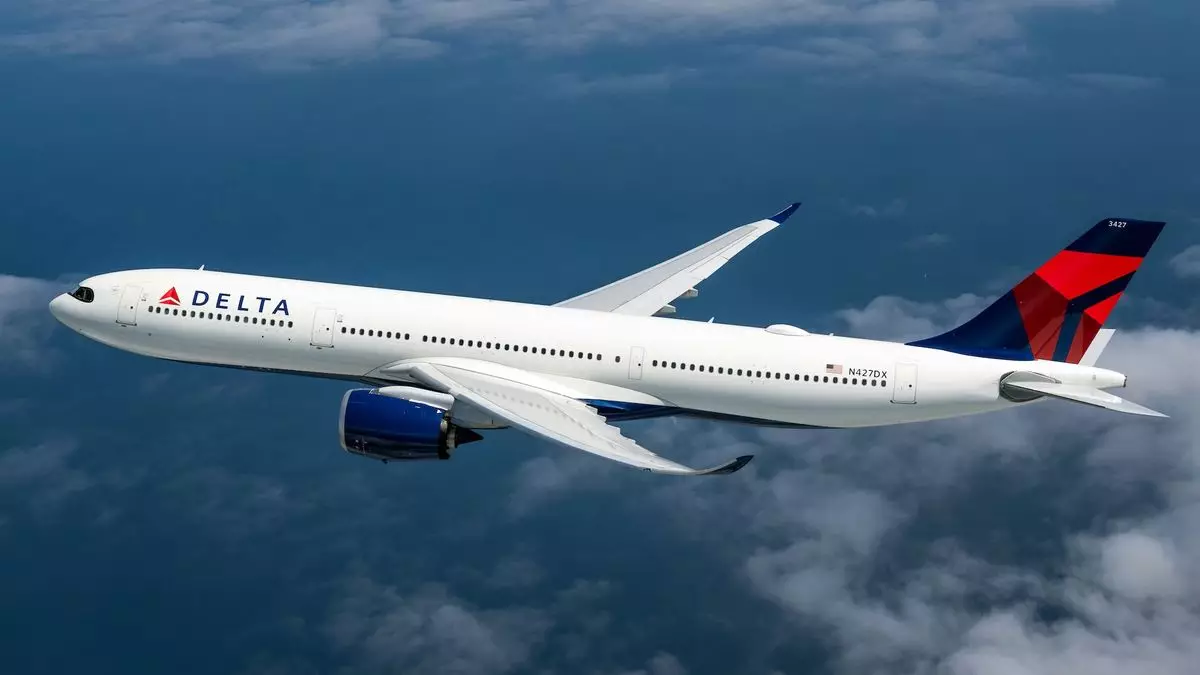Delta Air Lines has recently made headlines with its lawsuit against cybersecurity firm CrowdStrike, filed on October 25. The crux of the dispute revolves around a significant technology outage that rippled through the airline’s operations in July, resulting in the cancellation of thousands of flights. Delta claims that the challenges stemmed from a problematic update issued to millions of Microsoft computers, which was allegedly poorly executed by CrowdStrike. The airline is seeking both compensatory and punitive damages, asserting that the incident has cost them upwards of $500 million in lost revenue and additional operating expenses.
The ramifications of the outage were far-reaching, affecting not only Delta but also banks, hospitals, and businesses across various sectors. The significant disruption coincided with one of the busiest travel periods of the year, wreaking havoc on consumer plans and stranding countless passengers. Delta reported approximately 7,000 flight cancellations over a critical five-day span, painting a vivid picture of chaos in the skies. This situation raises crucial questions about the preparedness of major companies to handle cybersecurity issues and the cascading effects these failures can have on the public.
In response to Delta’s allegations, CrowdStrike has strongly rebuked the claims, categorizing them as “misinformation.” The cybersecurity firm contends that Delta is attempting to deflect responsibility for its own slow recovery from the outage. This back-and-forth highlights a common issue in crisis situations—companies often grapple with the dissemination of blame, complicating relationships and potentially obfuscating the truth of the matter. Furthermore, the U.S. Department of Transportation (DOT) has stepped in to investigate not only the technical aspects surrounding the outage but also consumer complaints related to Delta’s customer service during this tumultuous period.
At the heart of the lawsuit lies a critical assertion from Delta that CrowdStrike bypassed vital testing and certification protocols before issuing the update. Delta described this negligence as a significant factor contributing to what they characterize as a “global catastrophe.” By claiming that CrowdStrike prioritized profit over procedure, Delta may be attempting to frame the narrative of this lawsuit not just as a financial dispute but as a larger comment on corporate accountability within the realm of cybersecurity.
As investigations continue, and both parties prepare for the upcoming legal battle, the situation serves as a cautionary tale. It underlines the pressing need for rigorous procedures in technology updates and cybersecurity practices. For Delta, the lawsuit represents more than just lost revenue; it symbolizes a quest for accountability in an industry where technological failures can have immediate and costly consequences. As companies like CrowdStrike and Delta face increased scrutiny, the case will likely set a precedent for future corporate relationships in technology and service-oriented industries. The outcome of this lawsuit could shape not just the financial landscape for these companies but also influence best practices and customer expectations in the years to come.

